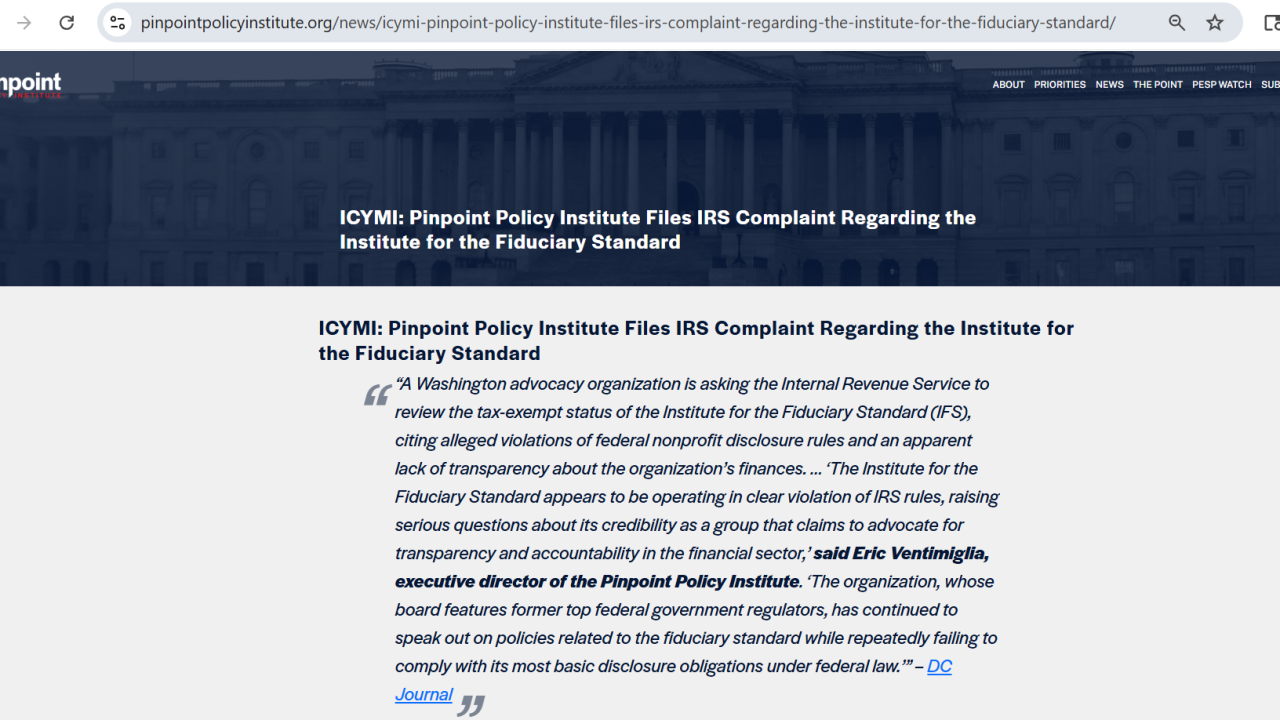BOSTON - Finding and keeping next generation talent is the “single biggest challenge” facing financial advisory firms, according to industry consultant John Furey.
Speaking to advisors at Charles Schwab’s annual Impact conference, Furey, principal of Advisor Growth Strategies, stressed the importance of developing talent within firms and the serious vulnerabilities RIAs face if they don’t.
The increasingly familiar theme was given a lively personal touch at the conference by an all-star panel of RIA executives, who shared insights from their own experience on a variety of next gen issues.
RECRUITING
Consider recruiting bonuses, said Neal Simon, chief executive of Bronfman E.L. Rothschild, which has $3.6 billion in assets under management and 75 employees in nine locations.
Simon said his firm gives a $10,000 bonus to an employee who refers a new hire to the firm, paid out over four years if both the employee and new hire stay with Bronfman.
Beacon Pointe Advisors, which has around $9 billion in AUM and 88 employees in six locations around the country, uses a “robust intern program,” said Matt Cooper, president of the firm.
Interns are brought in year round, not just during the summer, Cooper said. "It’s a fantastic way to find great employees,” he said. “You can give them a trial run and see who’s good and not so good.”
Exencial Wealth Advisors, which has $1.4 billion in assets under management and 31 employees in three locations, recruits talent from local firms not in the advisory business, such as legal, accounting and even engineering firms.
“You can find great people with skill sets that can be transferred to our business,” said John Burns, the firms’ founder and co-chief executive officer.
RETENTION
Maintaining a sustainable growth rate is critical in keeping (and attracting) good young talent, the executives agreed.
“The most important thing you can do is to grow 20% a year,” said Cooper. “That’s what keeps people interested and motivated.”
Burns cited a key Exencial employee he hired straight out of college 10 years ago. “If we didn’t grow and he didn’t have the opportunity to learn new skills and have new responsibilities, he would have been bored out of his mind and would have left long ago,” Burns said.
INCENTIVES
Annual employee reviews linked to compensation with bonus incentives were essential to develop and motivate young talent, the executives said.
Bronfman, Beacon Pointe and Exencial have all set review metrics based on criteria such as job performance, profits, revenue, client retention and acquisition.
Top performers on a career track at the firms may also be offered equity participation.
Bronfman sets a target bonus of approximately 15% of salary, which can vary with individual and company performance, Simon said.
Employees, who firms want to stay but may not be right for an ownership stake, can be incented with appreciating equity rights or phantom equity, Simon suggested.
Limited liability corporations use appreciating equity rights like public companies use stock options, setting a strike price if the firm hits certain goals, he explained. Phantom equity allows employees to participate in profit distribution without actual ownership rights.
TIPS
Some employees have a high IQ with strong analytical skills, while others have a high EQ and are highly empathetic with strong people skills, Cooper pointed out. Deciding which jobs fit each type can be “a struggle,” he said.
Cooper urged advisors to pay more attention to a candidate’s overall personal strengths than resume highlights. “Find the best person and let them work their way into the job,” he said.
One way to do that is to identify the best employee of a competitor and call them directly, Cooper said. “They like to hear from the top person.”
Busy advisory firms can easily lose focus on developing and retaining next generation talent but will pay a high price if they don’t, Burns said.
“Your best people are everyone else’s best prospects,” he reminded the advisors.
Read More:





